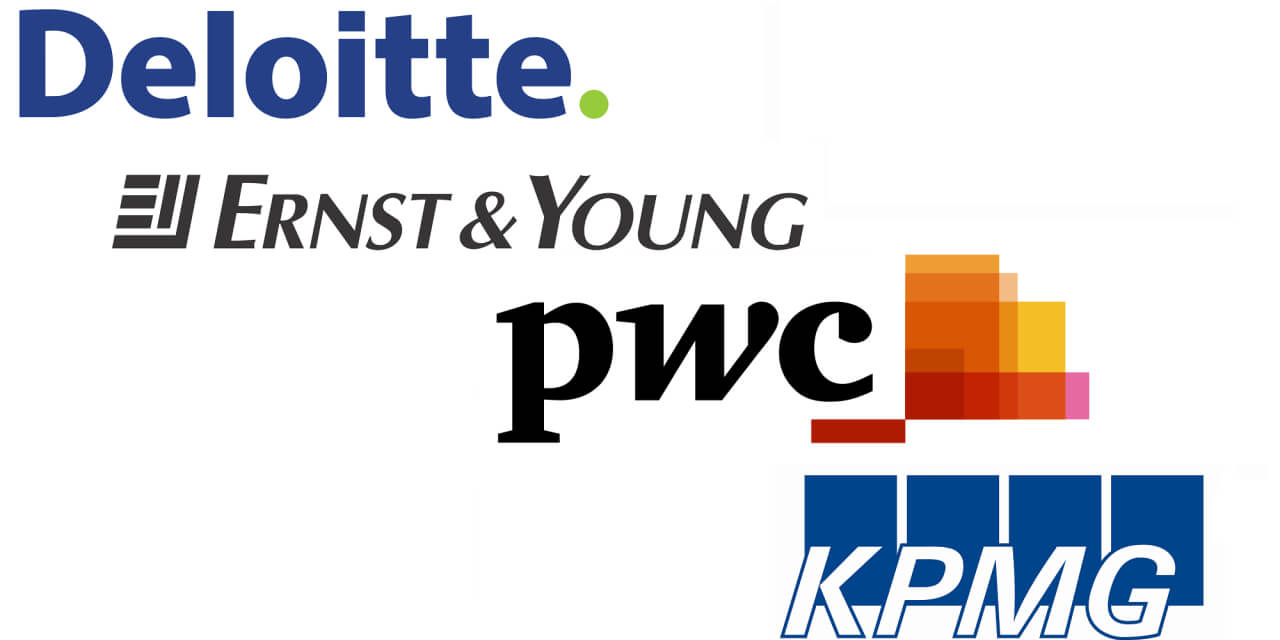Banking deposits have fallen their lowest in five years, an indication that uncertainties in the sector have made depositors wary, a survey by PricewaterhouseCoopers has revealed.
The PwC 2018 Ghana Banking Survey (GBS) said despite the various strategies banks employed to boost deposit mobilisation, total industry deposits only grew by 8 percent within the last year – which is considerably lower than the year-on-year average growth rate of 21.5 percent over the last 5 years.
According to the survey, one of the reasons for comparatively slower growth can be attributed to attractive rates offered by government securities.
“Despite the drop in yields these securities continue to offer more favourable returns.
“Also, the collapse of banks in the last quarter of 2017 may have deepened customer uncertainties in the banking sector,” the survey said.
That notwithstanding, the survey noted there is intense competition within the industry in the area of deposit mobilisation from growing mobile money and financial technology (Fintech) entities which have increasingly become popular because of convenience and the drive toward financial inclusion.
To grow this source of trading, the audit and business advisory firm said banks will have to become more innovative – especially in the areas of product customisation and digitisation in order to mobilise new deposits, bridge the financial inclusion gap and restore customer confidence.
Facts and figures
According to the survey, the composition of industry deposits has not changed much in recent years and remains largely skewed in favour of current accounts, because banks continue to pursue a strategy of mobilising cheaper deposits in the form of current and savings accounts to fund their operations.
Both current and savings accounts grew marginally, by 0.8 percent and 0.9 percent, in 2017. Time and fixed deposits however saw the highest growth of 3.1 percent
GCB Bank posted a 62.5 percent growth in deposits and saw its market share of total deposits rise from 8.1 percent in 2016 to 12.3 percent in the year under review, but is still behind Ecobank which recorded a 12.6 percent market share.
GCB’s performance was largely driven by its assumption of all the deposits of UT and Capital Banks.
“GCB, with the largest branch network, is competitively positioned to become the leader in market share if deposit mobilisation strategies are effective in the coming years. The bank intends to focus more on digitisation and aggressive deposit growth,” PwC’s survey added.
The 2018 GBS also revealed that for the first time in the last five years, the industry witnessed a dip in its loans and advances. Loans and advances made by the industry fell by GH¢3billion, representing a 10 percent drop from 2016 despite a decline in banking industry average base rate from 25.5 percent in 2016 to 20 percent in 2017.
The banks are said to have tightened their credit stance on loans because of the increase in defaults. Non-performing loans (NPLs) constituted 19.7 percent of gross loans and advances as at the end of December 2017 (based on the number of banks which participated in this year’s banking survey).
Source: thebftonline.com





